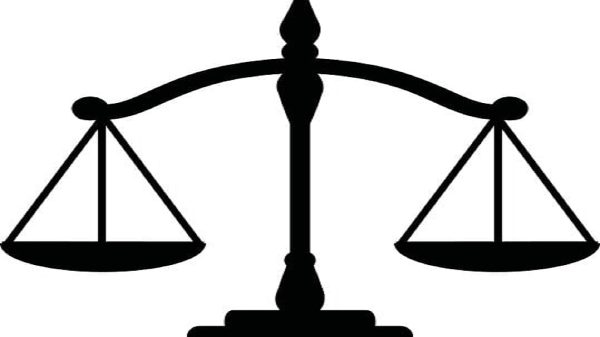The 2020 Mastercard Index of Women Entrepreneurs (MIWE) has once again ranked Uganda (39.6%), Botswana (38.5%) and Ghana (36.5%) as the world’s three leading economies having the most women business owners.
The Index’s benchmark indicator is calculated as a percentage of total businesses owners, and all three countries have grown their percentages since last year (2019).
Now in its fourth year, the MIWE highlights the vast socio-economic contribution of women entrepreneurs around the world, as well as provides insights on the factors driving and inhibiting their advancement.
Through a unique methodology – drawing on publicly available data from leading international organizations such as the Organisation for Economic Co-operation and Development (OECD) and International Labour Organization – MIWE 2020 includes a global ranking of the advancement of women in business in pre-pandemic conditions across 58 economies representing almost 80% of the global female labor force. This includes eight countries across Sub-Saharan Africa (Angola, Botswana, Ethiopia, Ghana, Malawi, Nigeria, South Africa and Uganda).
All but one (Botswana) of the Sub-Saharan African countries captured in the report showed improved MIWE scores since the last edition. South Africa displayed the biggest growth with a 7% increase from [60.2 score to 64.4].
Botswana however has also grown the number of women entrepreneurs since last year (36% in 2019 to 38.5% in 2020), earning the country the second spot globally and displacing Ghana who now comes in third.
The results also point to a strong representation of women business owners in Malawi, Angola and Nigeria, despite the economic and social challenges facing their entrepreneurial ecosystems.
According to the report, the high scores are spurred by a low fear of business failure, an absence of alternative income sources, and an eager commitment to contribute to their communities.
The report demonstrates that a high regard for risk taking, innovativeness, individuality and creativeness in entrepreneurship is prevalent in Uganda, Nigeria and Angola.
The report also notes the disproportionate impact of the COVID-19 pandemic on women entrepreneurs around the world, with 87% saying they have been adversely affected.
Overrepresentation in sectors hardest hit by the economic downturn, the pronounced digital gender gap in an increasingly virtual world, and the mounting pressures of childcare responsibilities are only a few factors that have left women particularly vulnerable.
In Ghana, for instance, a sectoral breakdown reveals that a large proportion of women-owned businesses (85.1%) operate in highly impacted sectors compared to 50.5% for men.
In Uganda, 61% of women-led small businesses failed to generate income even as lockdown measures were eased.
Ifeoma Dozie, director, Marketing and Communications, Sub-Saharan Africa, Mastercard, said “Our findings beckon us to consider the cost of untapped potential in women as contributors, not just in business and society, but on the national and global scale, as we chart the path of post Covid-19 recovery across Africa.
“This is especially important as more women owned businesses will likely be impacted by the pandemic making the support through incentives, necessary tools, mentorship and digital inclusion platforms even more urgent.
“At Mastercard, we continue to partner with leading organizations across Africa and around the world to create safe and accessible digitized payment solutions for female owned small businesses across Africa”.
Opportunities ahead
Despite the obvious challenges, the report highlights a number of opportunities for women in the COVID-19 era, particularly in online shopping and digital commerce. These have been supported by Mastercard research.
A recent Mastercard study revealed the exponential growth of e-commerce in Africa – with 81% of people surveyed in Nigeria, 72% in Tanzania, 68% in Ivory Coast, and 79% in both Kenya and Ghana saying they have been shopping more online since the pandemic began.
As the pandemic presents new business opportunities for women, especially in terms of online shopping and services, ensuring access to technology or digital solutions, affordable data and modern trade resources will empower more women to succeed in business.
The MIWE report is just one component in Mastercard’s broader mission to advance female entrepreneurs and small businesses. In 2020, Mastercard expanded its worldwide financial inclusion commitment, pledging to bring a total of one billion people and 50 million micro and small businesses into the digital economy by 2025.
As part of this effort, there will be a direct focus on providing 25 million women entrepreneurs with solutions that can help them grow their businesses, through a range of initiatives crossing funding, mentoring and the development of inclusive technologies.
![]()





























































